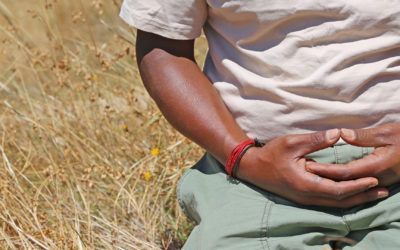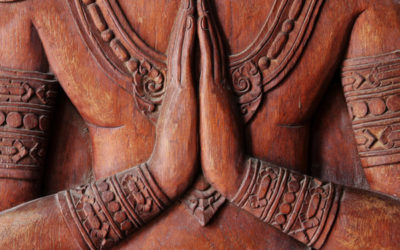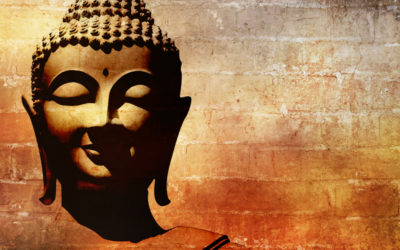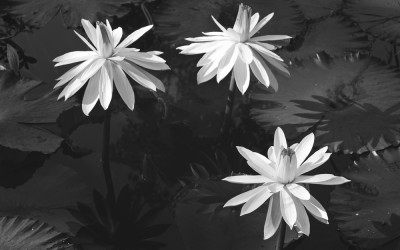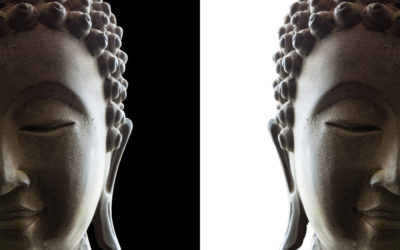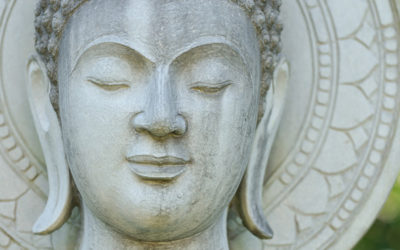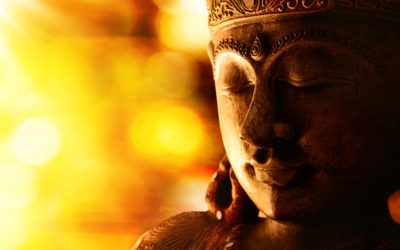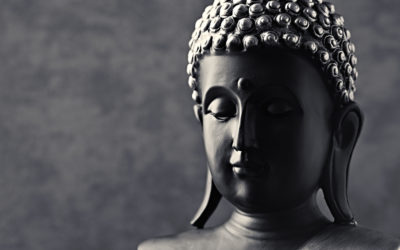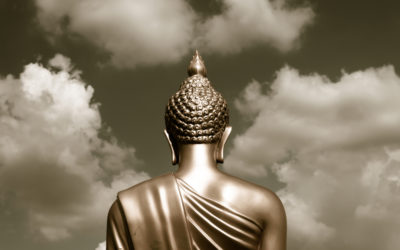Meditations

Meditation on Gratitude and Joy
Let yourself sit quietly and at ease. Allow your body to be relaxed and open, your breath natural, your heart easy. Begin the practice of gratitude by feeling how year after year you have cared for your own life. Now let yourself begin to acknowledge all that has...
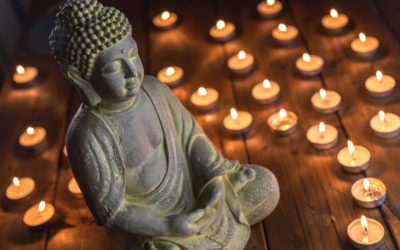
Audio: Finding Buddha Nature in the Midst of Difficulty Meditation
We have forgotten our essential nature. Much of the time we operate from the protective layer. The primary aim of Buddhist psychology is to help us see beneath this armoring and bring out our original goodness, called our Buddha nature. We can notice the healthy...

Audio: Forgiveness Meditation
Forgiveness is both necessary and possible. It is never too late to find forgiveness and start again. Buddhist psychology offers specific teachings and practices for redemption and the development of forgiveness. Like the practice of compassion, forgiveness does not...

Audio: Meditation on Equanimity
Equanimity is a wonderful quality, a spaciousness and balance of heart. Although it grows naturally with our meditation practice, equanimity can also be cultivated in the same systematic way that we have used for loving-kindness and compassion. We can feel this...
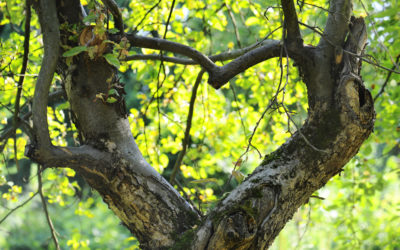
Meditation on Compassion
May you be held in compassion. To cultivate compassion, let yourself sit in a centered and quiet way. In this traditional form of practice you will combine a repeated inner intention with visualization and the evocation of the feeling of compassion. As you first sit,...

Video: Guided Meditation
The practice of meditation does not ask us to become a Buddhist or a meditator or a spiritual person. It invites us to fulfill the capacity we each have as humans to awaken. The skill of becoming more mindful, and more present, and more compassionate, and more awake...

Practice: Meeting Difficulty with Wise Intention
Pick a situation of difficulty or conflict with others. Reflect on your last encounters and on the motivation from which you operated. How did this work? Now imagine you can bring the highest possible intentions to your next encounter. Take a moment to reflect. ...

Practice: Don’t Know Mind
Use this practice to bring wisdom to a situation of inner or outer conflict. Initially begin by sitting. Later you can practice in social situations. Sit quietly and easily, focusing on your breath or body. When you feel settled, bring to mind a time ten years...

Practice: Turning Toward Our Essence
“Develop a mind that is vast like space, where experiences both pleasant and unpleasant can appear and disappear without conflict, struggle or harm. Rest in a mind like vast sky.” ~Majjhima Nikaya A simple way to connect with the spacious awareness of consciousness...

Practice: Counting Thoughts
“With the mind, observe the mind.” – Buddha This first simple practice gives an immediate experience of mindfulness of thought. Sit comfortably and quietly. After a few moments, resolve to count your thoughts for one or two minutes. You can set a timer, or simply...

Developing a Healing Attention
Sit comfortably and quietly. Let your body rest easily. Breathe gently. Let go of your thoughts, past and future, memories and plans. Just be present. Begin to let your own precious body reveal the places that most need healing. Allow the physical pains, tensions,...

Meditation: Becoming Simple and Transparent
As you reflect on your spiritual life you can ask yourself: What do you know in your heart about the truth of life? Do you actually need more knowledge than this, or is this simple fundamental wisdom enough? What keeps you from living simple truths you know? What...

A Meditation on Lovingkindness
This meditation uses words, images, and feelings to evoke a lovingkindness and friendliness toward oneself and others. With each recitation of the phrases, we are expressing an intention, planting the seeds of loving wishes over and over in our heart. With a loving...

Forgiveness Meditation
Forgiveness of others, forgiveness of yourself To practice forgiveness meditation, let yourself sit comfortably, allowing your eyes to close and your breath to be natural and easy. Let your body and mind relax. Breathing gently into the area of your heart, let...
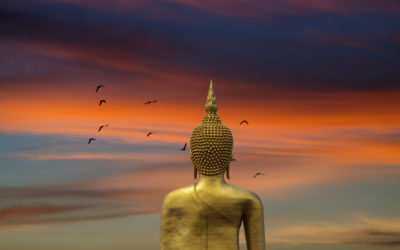
Meditation on Stopping the War Within
Sit comfortably for a few minutes, letting your body be at rest. Let your breathing be easy and natural. Bring your attention into the present, sit quietly, and notice whatever sensations are present in your body. In particular, be aware of any sensations, tensions,...

A Meditation on Grief
When after heavy rain the storm clouds disperse, is it not that they’ve wept themselves clear to the end? —Ghalib Grief is one of the heart’s natural responses to loss. When we grieve we allow ourselves to feel the truth of our pain, the measure of betrayal or...

Audio: A Mind Like Sky Meditation
Meditation comes alive through a growing capacity to release our habitual entanglement in the stories and plans, conflicts and worries that make up the small sense of self, and to rest in awareness. In meditation we do this simply by acknowledging the moment-to-moment...

Video: Forgiveness Meditation
Buddhist psychology offers specific teachings and practices for the development of forgiveness. Like the practice of compassion, forgiveness does not ignore the truth of our suffering. Forgiveness is not weak. It demands courage and integrity. Yet only forgiveness and...
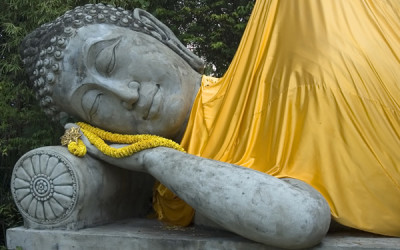
Meditation On Lovingkindness
May I be filled with lovingkindness “I am larger, better than I thought; I did not know I held so much goodness.” – Walt Whitman This meditation uses words, images, and feelings to evoke a lovingkindness and friendliness toward oneself and others. With each recitation...

Practice: Seeing from the Universal Perspective
Buddhist psychology is filled with practices that shift us to the universal perspective. These include contemplations on the vastness of time, the cycles of impermanence, the mysterious inevitability of your own death, the boundlessness of love. Here is one way to...

Practice: Recognizing Our Mind States
You can begin to study the effects of the states of mind that fill your days. To start, it helps to become deliberately aware of the states that arise on your difficult days, days where you are caught up in problems, conflict, unhappiness. Instead of ignoring,...

Concentration with Joy
First, sit quietly for a few minutes. Now reflect on the times in your life when you are most absorbed, concentrated and fully present. They maybe while gardening, playing tennis or basketball, writing computer code, listening to a friend, or in business, creating...

Practice: Visualization
To work with a sacred image, choose someone who inspires you, St. Francis or Kwan Yin the goddess of infinite mercy, Jesus or Mary, Buddha or Tara. It helps to have a clear, beautiful picture that you can place in front of you while meditating. Rest your gaze softly...

Establishing a Daily Meditation
First select a suitable place for your regular meditation. Place a meditation cushion or chair there for your use, and add any books or images that help make it feel like a sacred and peaceful space. Select a regular time for practice that suits your schedule and...

A Sitting Meditation
To begin meditation, select a quiet time and place. Be seated on a cushion or chair, taking an erect yet relaxed posture. Let yourself sit upright with the quiet dignity of a king or queen. Close your eyes gently and begin by bringing a full, present attention to...

Walking Meditation
One of the most useful and grounding ways of attending to our body is the practice of walking meditation. Walking meditation is a simple and universal practice for developing calm, connectedness, and embodied awareness. It can be practiced regularly, before or after...

When You Walk, Just Walk
When You Walk, Just Walk The natural ease of walking can be used as a direct and simple way to bring centeredness and peace into our life. Walking becomes a meditation when we bring a careful and present attention to each step we take. Walking becomes a meditation...

Sitting Meditation
To begin meditation, select a quiet time and place. Be seated on a cushion or chair, taking an erect yet relaxed posture. Let yourself sit upright with the quiet dignity of a king or queen. Close your eyes gently and begin by bringing a full, present attention to...
© 2018 - All Rights Reserved. Jack Kornfield




